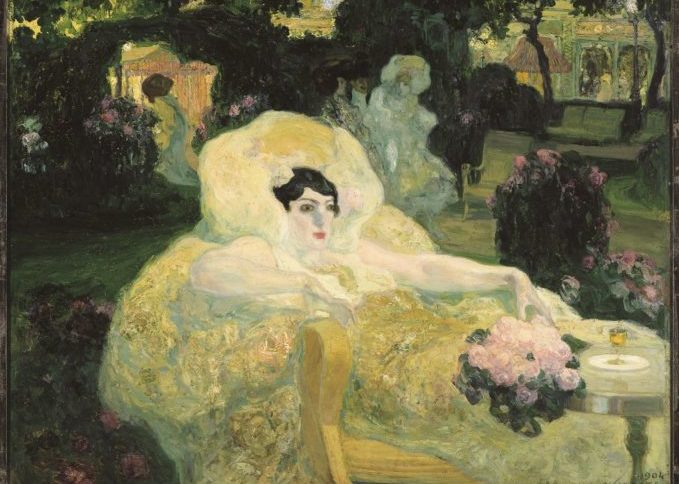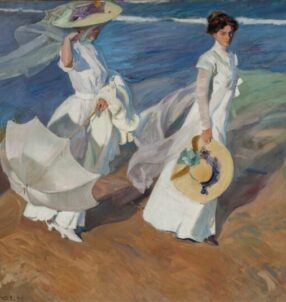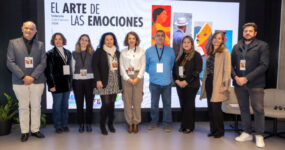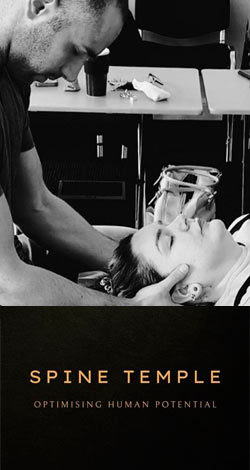Exploring modernity in its multiple forms. The exhibition ‘Caminos de modernidad 1860-1980. The Carmen Thyssen-Bornemisza Collection’ can be seen at the Bancaja Foundation in Valencia. ‘Caminos de modernidad’, translating to ‘paths of modernity’, encapsulates the overarching theme of the exhibition. Modernity is not a singular conception but a movement incorporating multiplicity. This collection appreciates modernity for its complexities and artistic evolutions, spanning two centuries.
Running until the 18th September, the presentation was attended by both Rafael Alcón (president of the Bancaja Foundation) and Guillermo Cervera (head of the Carmen Thyssen-Bornemisza Collection), representing the collaboration between the two collections. Containing the work of fifty artists, the curation specifically envelops Catalan and Valencian masters from the Baroness’s private collection. The exhibition is therefore a must for those interested in modernity through the lens of Catalan and Valencian culture.
There are six main caminos in this exhibition: the aesthetic experience of modernity, Romanticism and Naturalism, Mariano Fortuny, Modernisme, Noucentisme, and Avant-Garde. Modernity itself as a concept has been pulled from Baudelaire’s definition: “modernity… tries to detach from fashion whatever it may contain of the poetic in the historical, to extract the eternal from the transitory”.
In each of the caminos, we see how Spanish social conditions, in conjunction with global artistic fashions of the time, has been translated into alternative manifestations of modernity. Moving chronologically from Ramon Marti Alsina (1826 – 1894), creator of the Catalan landscape school, to Mariano Fortuny (1838 – 1873), creator of the “Fortuny style”, Romanticism makes way for modernist art content.
In the next two caminos, Modernisme, and the “Colla del safra” (translated to “Saffron Group”), is placed in contrast to the Noucentisme movement. Noucentisme draws its aesthetics back to the classical and Mediterranean world whilst maintaining the modernist sense of renewal.
The exhibition ends with the avant-garde, marking art produced in the Franco era post-Civil War. The surrealism and informalism of this path act as alternatives for the realities of the time, emphasising the ability to dream in the face of dictatorship.
Report by Anusha Vasudeva
Article copyright 24/7 Valencia
Find out more about ‘Caminos de modernidad 1860 – 1980’
Website: https://www.fundacionbancaja.es/exposicion/caminos-de-modernidad-1860-1980/
Exhibit opening times: Tues – Sun, 10:00h – 14:00h, 16:30h – 20:30h
Entrance fee: €7, or €4 reduced (see on link above)
‘Caminos de modernidad 1860-1980. The Carmen Thyssen-Bornemisza Collection’ exhibition until September 18th
Fundación Bancaja
Bancaja Foundation
Plaza de Tetuán, 23
Valencia
Related Post
This site uses Akismet to reduce spam. Learn how your comment data is processed.


























Leave a comment